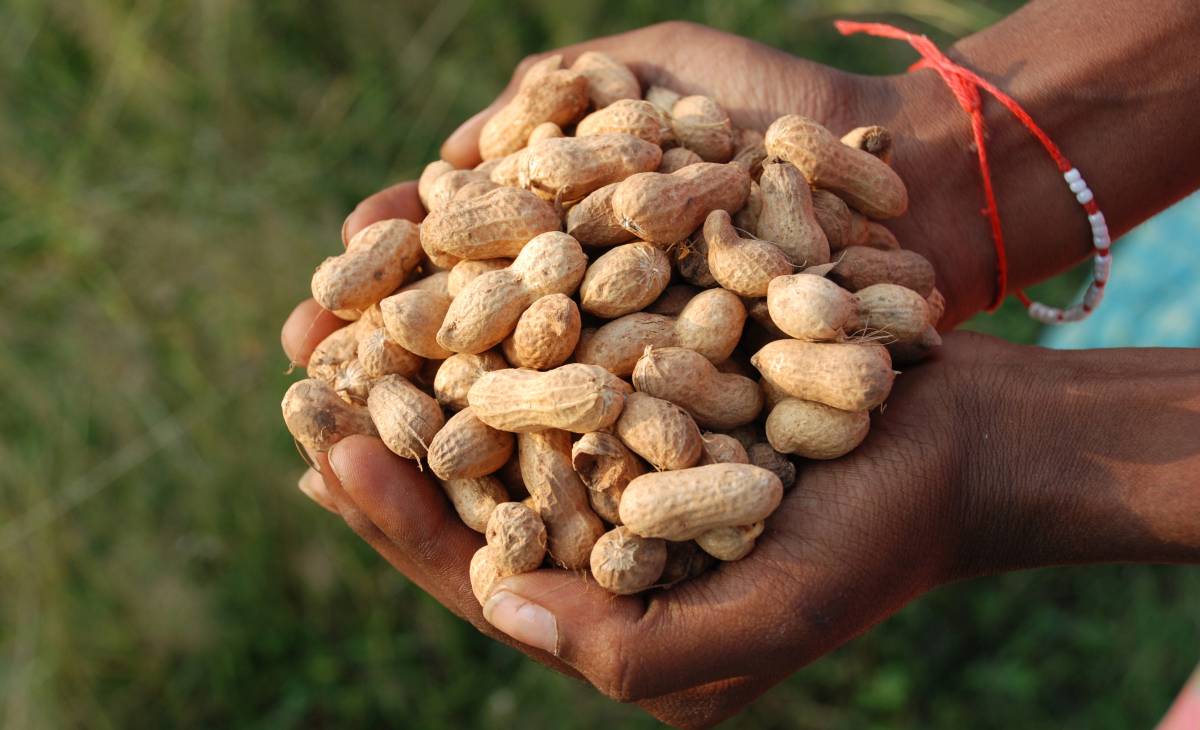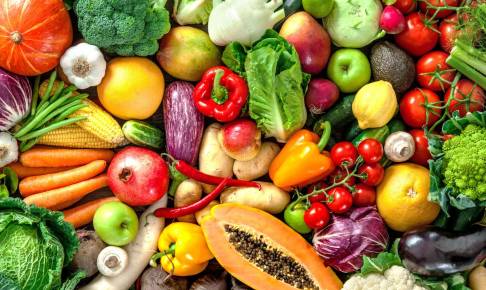The EU implemented stricter controls on Brazilian black pepper and Indian peanuts
The European Commission has tightened controls on Brazilian black pepper due to Salmonella and Indian peanuts due to aflatoxins. These and other non-EU goods are now subject to a temporary rise in official restrictions when entering the European Union. The driving factors behind these changes are events reported via the Rapid Alert System for Food and Feed (RASFF) and the information from member states' official controls on food and feed of non-animal origin.
The identity and physical examination of Brazilian black pepper increased from 20% to 50%. This increase is due to a high number of non-compliances with EU criteria regarding Salmonella contamination discovered during official controls in 2019 and early 2020, and because of a high number of reports in the RASFF during the same period. There have been 28 RASFF reports of Salmonella in black pepper from Brazil this year, with Germany reporting nearly all of them.
Because of the presence of aflatoxins, the frequency of identity and physical controls of peanuts, also known as groundnuts, from India has risen from 10% to 50%. Moreover, the checks for pesticide residues of peppers of the Capsicum species from Thailand will raise from 10% to 20%.
Sources:
https://eur-lex.europa.eu/legal-content/EN/TXT/?uri=OJ%3AL%3A2021%3A129%3AFULL
https://eur-lex.europa.eu/legal-content/EN/TXT/?uri=CELEX%3A32021R0608






















